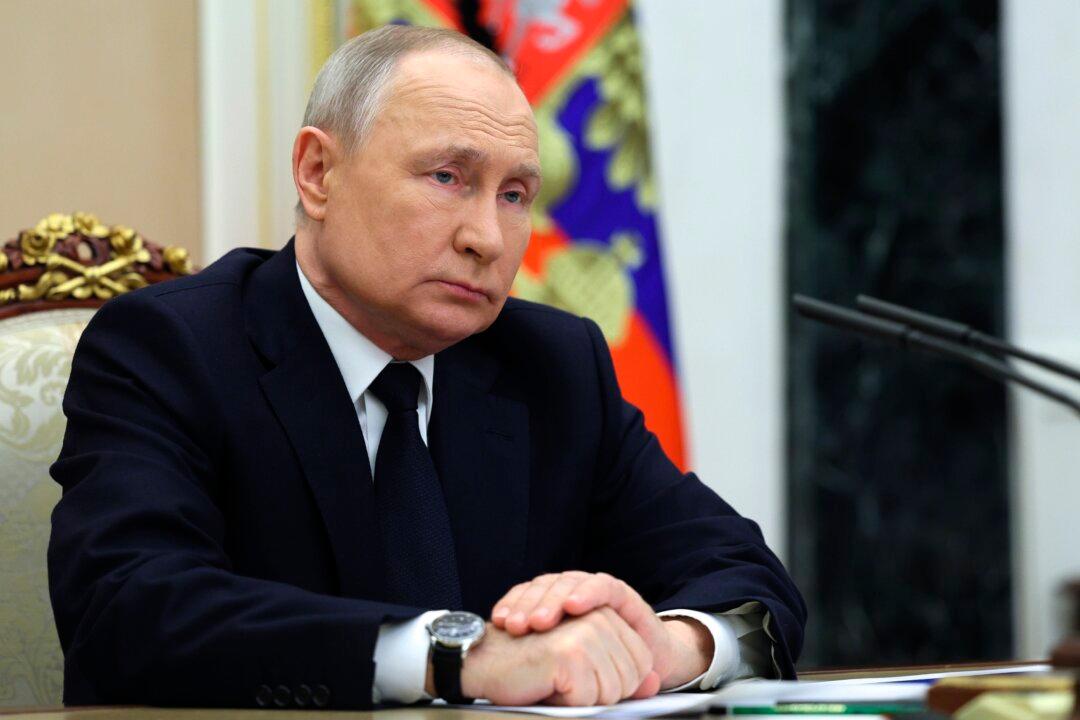The European Union is threatening more sanctions on Russia if it stations tactical nuclear weapons in Belarus.
It comes after Russian President Vladimir Putin announced on March 25 that his government would move tactical nuclear weapons to Belarus, in a clear warning to Ukraine and allied Western nations as they continue to provide military and financial support to Kyiv.





